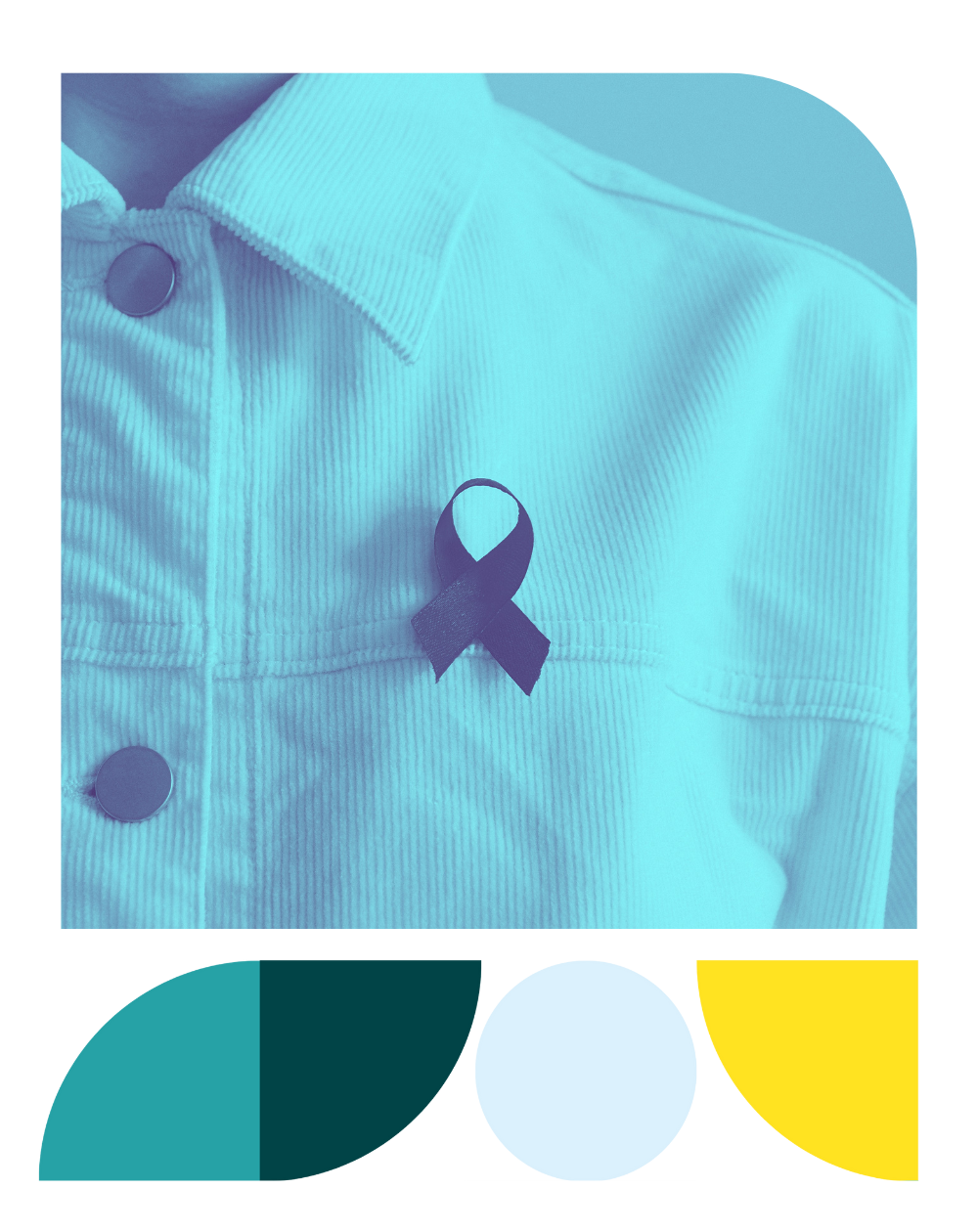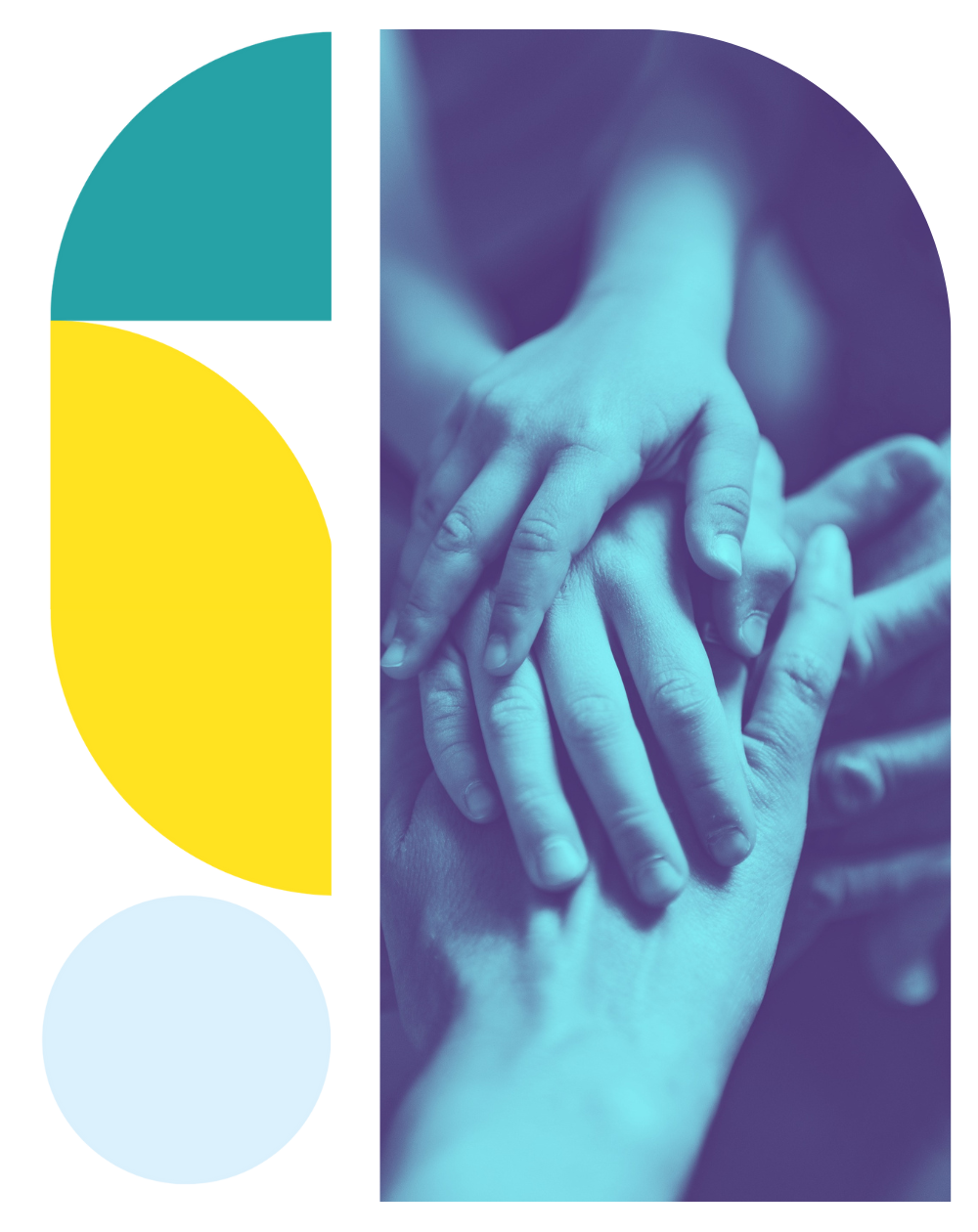
OVERCOMING SEXUAL HEALTH CHALLENGES:
What is HIV?
HIV, which stands for human immunodeficiency virus, is a virus that attacks the immune system. If HIV is not treated, it can lead to AIDS, or acquired immunodeficiency syndrome. Unfortunately, there is currently no effective cure for HIV, and people who are infected with the virus will have it for life. However, with proper medical care, HIV can be managed and people with HIV can live long and healthy lives while also protecting their partners from infection.
How do I know if I have HIV?
The only way to know if you have HIV is to get tested. Knowing your HIV status is essential for making informed decisions about your health and preventing the spread of the virus to others.

Are there symptoms?
Although many people with HIV experience flu-like symptoms within 2 to 4 weeks after infection, some people may not experience any symptoms at all.
What are the stages of HIV?
Without treatment, people with HIV typically progress through three stages. However, advances in HIV treatment have made it less common for people to progress to the final stage, AIDS.
Stage 1 Acute HIV Infection
In the first stage, known as acute HIV infection, people have a large amount of HIV in their blood and are highly contagious.
Many people also experience flu-like symptoms during this stage. If you have flu-like symptoms and believe you may have been exposed to HIV, it is important to get tested as soon as possible.
Stage 2 Chronic HIV Infection
During this stage, which is also known as asymptomatic HIV infection or clinical latency, HIV remains active and continues to reproduce in the body. Although people may not experience any symptoms or get sick during this phase, they can still transmit the virus to others. However, people who adhere to their HIV treatment regimen may never progress to the final stage of HIV infection, Stage 3 (AIDS).
Stage 3 Acquired Immunodeficiency Syndrome (AIDS)
Without HIV treatment, the asymptomatic stage can last for a decade or longer, or it may progress faster. Eventually, the amount of HIV in the blood, known as the viral load, increases, and the person may transition to Stage 3 (AIDS). At this point, the immune system is severely damaged, and people with AIDS are at a high risk of developing opportunistic infections or other serious illnesses. They can also have a high viral load and easily transmit HIV to others.
Without treatment, people with AIDS typically survive for only about three years. Therefore, it is crucial to get tested for HIV and start treatment as early as possible to prevent progression to this final and most severe stage of HIV infection.



